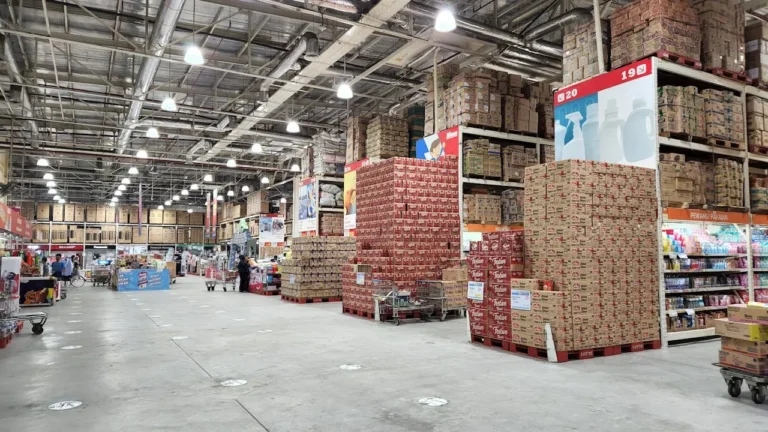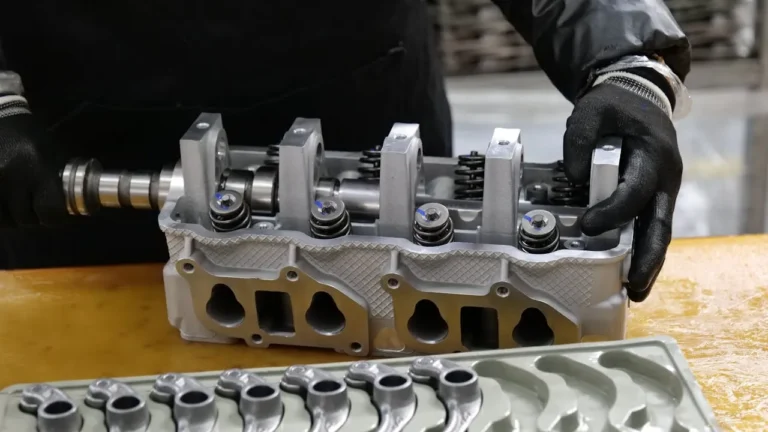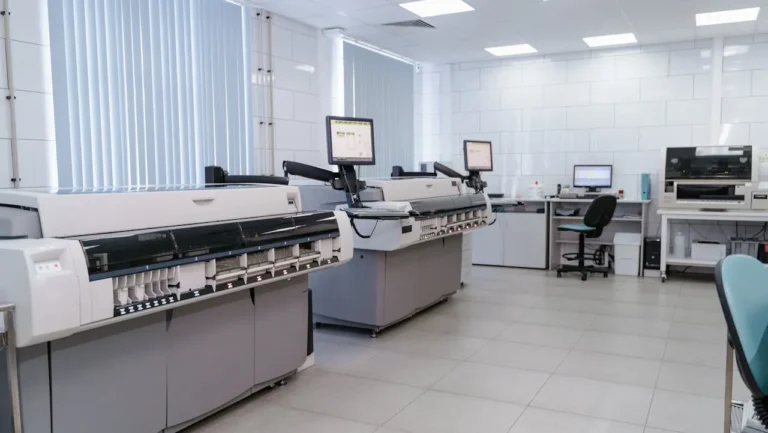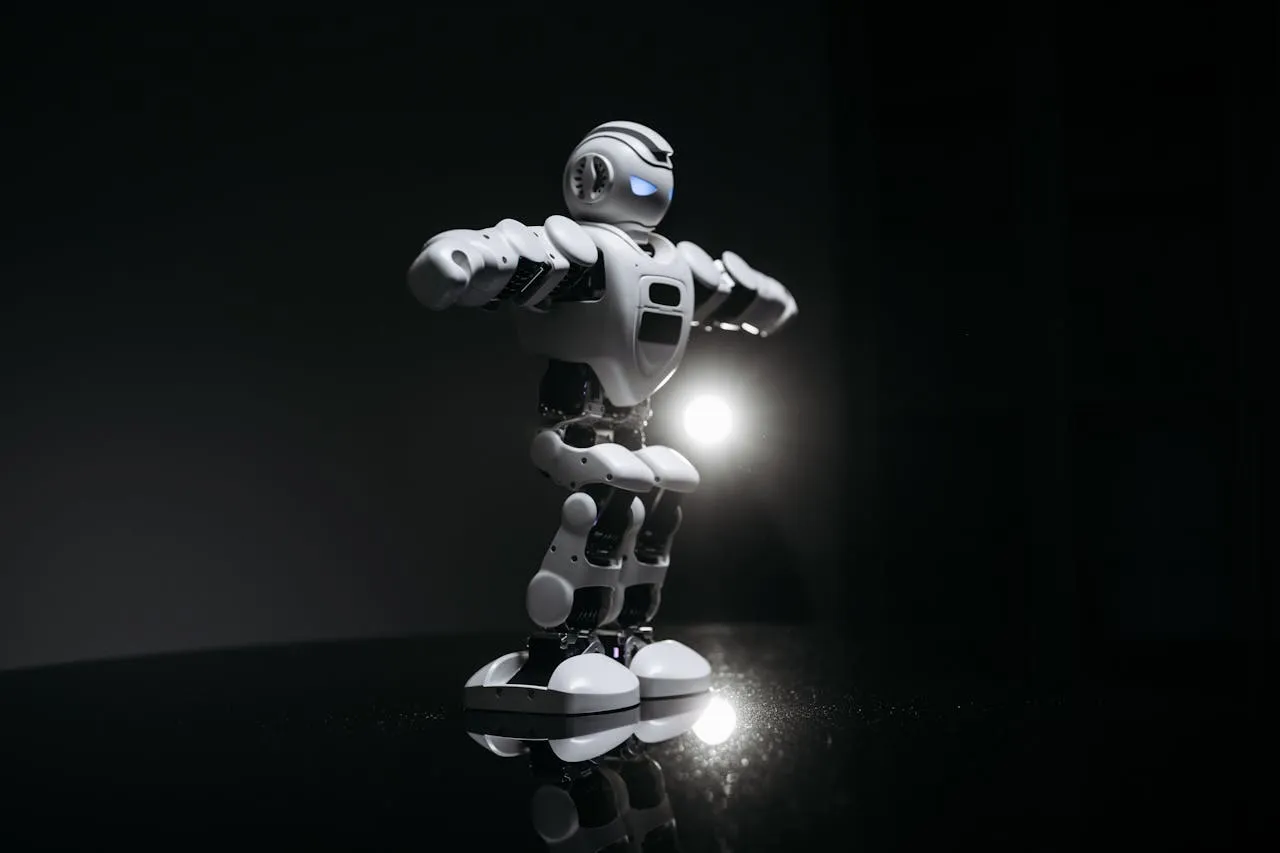
SES AI Unveils Molecular Universe Platform, Marking a Milestone in Battery Innovation with Strong Industry Response
SES AI Corporation, a trailblazer in the development and manufacturing of AI-enhanced lithium-metal and lithium-ion batteries, has officially launched Molecular Universe MU-0, a first-of-its-kind software and service platform designed to transform how the world discovers, analyzes, and optimizes molecules for next-generation battery technologies. In a public demonstration that drew strong attention from across the energy and mobility sectors, SES AI revealed the immense scope and versatility of its new platform—an artificial intelligence-powered engine that is already capturing the attention of original equipment manufacturers (OEMs) and battery developers worldwide.
The event marked the first time the company’s groundbreaking platform was shown to the public, although some industry partners have been testing it privately for the past month. The overwhelmingly positive early response points to the disruptive potential of Molecular Universe (MU-0) in accelerating material discovery, optimizing battery chemistries, and shortening the time from lab to market for novel energy storage solutions.
A First-of-Its-Kind Discovery Engine for Battery Molecules
The MU-0 platform is more than just a database—it’s a dynamic AI-augmented ecosystem designed to explore, recommend, and analyze the entire landscape of possible small molecules that are relevant to various battery chemistries. The software enables researchers and developers to navigate molecular data using a combination of intuitive visual mapping, a natural-language interface, and sophisticated predictive modeling capabilities.
“Molecular Universe represents a completely new approach to material discovery,” said Qichao Hu, Founder and CEO of SES AI, during the unveiling. “This platform empowers users to ask real-world questions and receive high-value molecular recommendations that can be applied directly to product development. Whether you’re building lithium-metal, lithium-ion, or even sodium-based batteries, the Molecular Universe is designed to help you find your next breakthrough faster.”
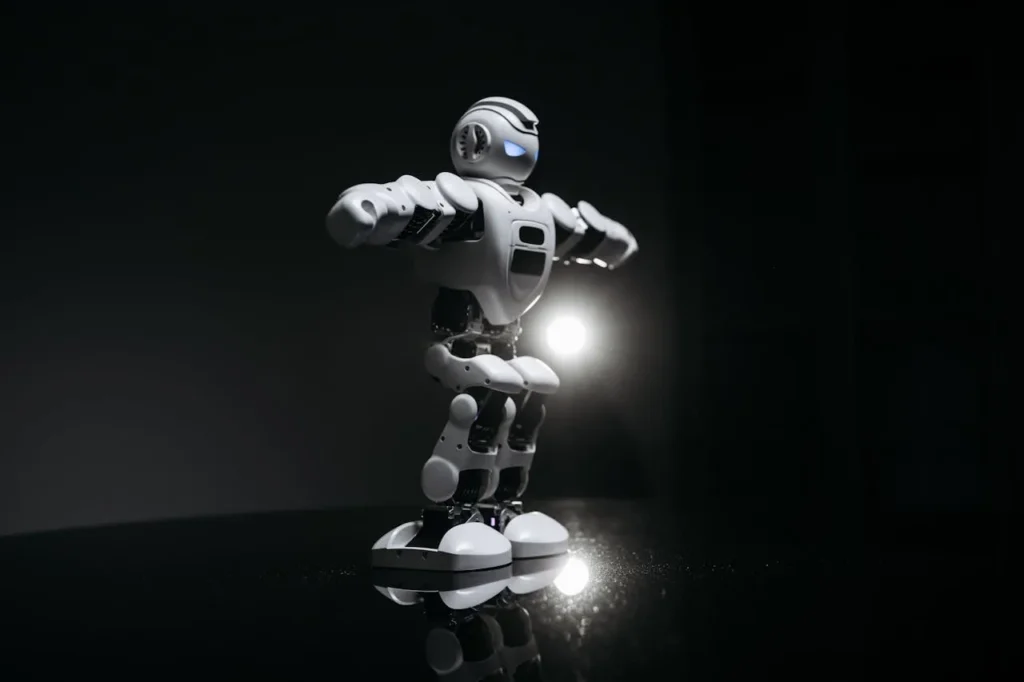
The platform supports chemistries across the entire battery sector—including advanced lithium-metal batteries, which offer higher energy densities than traditional lithium-ion models, and emerging alternatives like sodium-ion batteries that provide more sustainable material sourcing. With MU-0, users can quickly identify optimal molecules for electrolyte additives, separators, cathode coatings, and more—significantly accelerating research and development cycles that traditionally take years.
AI at the Helm of Material Discovery
Molecular Universe MU-0 functions as a multi-tiered AI discovery suite, bringing together machine learning algorithms, an extensive molecule property database, and user-centric tools that streamline the search for new materials. The AI engine can evaluate and rank molecular candidates based on customized performance priorities such as ionic conductivity, thermal stability, or electrochemical window, helping users find solutions that match their specific design challenges.
At the heart of MU-0 is a “molecular map”—a visual representation of the molecular landscape where users can view relationships between similar compounds, explore property clusters, and trace paths between related discoveries. Users interact with the platform through a natural language interface that allows for seamless, intuitive querying—removing barriers for researchers who may not be computational chemists or software developers.
“MU-0 is like Google Maps for molecules,” Hu explained. “You can type in what you’re looking for, or what problem you’re trying to solve, and the system will recommend paths forward. It’s designed to speak your language—whether that language is chemistry, performance specs, or business outcomes.”
From Molecules to Manufacturing: A Full-Service Platform
In what Hu describes as an “end-to-end” discovery and development service, Molecular Universe doesn’t stop at molecular identification. For customers engaged in Joint Development Agreements (JDA), SES AI takes findings from MU-0 all the way through to molecule synthesis, electrolyte formulation, battery construction, and performance validation. This approach allows companies not only to discover new materials but also to rapidly test and implement them in real-world battery prototypes.
“We’re not just handing over a list of molecules,” said Hu. “We’re working alongside our partners to actually build and validate the batteries of the future.”
The platform is already being used by two OEM partners, demonstrating that industry leaders see strategic value in integrating MU-0 into their innovation pipelines. The early traction is a strong indicator that MU-0 could become a standard tool in next-generation battery development across industries, including electric vehicles, consumer electronics, aerospace, and grid storage.
Five Access Tiers: From Students to Enterprises
To make the platform accessible to a wide range of users, SES AI has rolled out five different service tiers, ranging from free academic access to full joint development packages:
- Research Tier: Free for anyone with a .edu email address, this tier allows academic institutions and students to explore the platform with basic query capabilities—helping train the next generation of battery scientists.
- Explorer Tier: Priced at $150 per user per month, this tier offers unlimited molecular queries for individual professionals or startup teams looking to experiment and ideate.
- Team Tier: At $1,000 per month for up to 10 users, this plan supports small R&D groups with shared access and collaboration tools, making it suitable for mid-sized labs and innovation centers.
- Enterprise Tier: This premium option unlocks access to over 100 million molecules—100 times more than the first three tiers—along with annual updates to both the molecular database and underlying AI models. Enterprise clients also benefit from custom computation of molecular properties, proprietary similarity searches based on user-defined property clusters, and the option for on-premise deployment to ensure data privacy and security.
- Joint Development Tier: The highest level of engagement includes everything in the Enterprise package plus hands-on collaboration with SES AI’s internal scientists and engineers. This includes custom molecule synthesis, electrolyte design, lab-scale battery prototyping, full performance testing, and shared IP ownership in the form of annual royalties if the discoveries result in commercial applications.
Building Momentum with Industry Engagement
In just a month of private testing by selected partners, SES AI has received what it describes as a “tremendous early response.” The company is already engaging with additional OEMs and institutional research centers to expand adoption of the Molecular Universe platform. Feedback from initial users has pointed to the platform’s ability to cut discovery time dramatically, reduce experimentation costs, and pinpoint novel solutions that would have been difficult or impossible to identify using traditional methods.
According to Hu, the reaction from industry confirms that the company’s vision for a fully integrated AI-discovery ecosystem is gaining credibility.
“We’ve built a platform that bridges the gap between computation and manufacturing,” he said. “Molecular Universe is not theoretical—it’s practical, scalable, and results-oriented. The companies that are using it today are already seeing how it changes the speed and scope of their innovation.”
Reinforcing SES AI’s Market Position
The launch of MU-0 comes as SES AI continues to expand its leadership in lithium-metal battery development, a field that has garnered increasing global attention as EV manufacturers push for lighter, safer, and longer-lasting energy storage. SES AI is among a select group of companies working at the intersection of AI, chemistry, and energy—and the debut of Molecular Universe signals its broader intent to be not only a materials innovator, but also a software and platform provider that supports a wide range of battery-related use cases.
SES AI’s strategic positioning could also open doors to new revenue models, including SaaS (software-as-a-service) and licensing-based partnerships, beyond its traditional hardware business.
As battery demand continues to rise globally—with electric vehicles, portable electronics, renewable energy storage, and defense sectors all vying for superior materials—the launch of Molecular Universe puts SES AI in a unique position to define the next chapter of battery innovation. With tools like MU-0, researchers and developers may not only imagine better batteries—they might finally build them.


